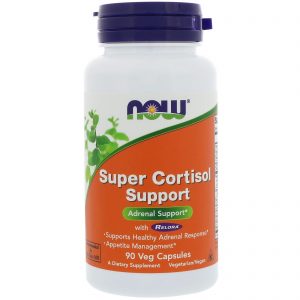The properties of Honokiol
Honokiol is a lignan isolated from the bark, seed cones, and leaves of trees belonging to the genus Magnolia. It has been identified as one of the chemical compounds in some traditional eastern herbal medicines along with magnolol, 4-O-methylhonokiol, and obovatol.
Extracts from the bark or seed cones of the Magnolia tree have been widely used in traditional medicine in China, Korea, and Japan.
Magnolia bark has traditionally been used in Eastern medicine as analgesic and to treat anxiety and mood disorders. In traditional Chinese medicine, magnolia bark is called Houpu and is most commonly taken from two species, Magnolia obovata and Magnolia officinalis. Some Chinese traditional formulas containing Houpu include Banxia Houpu Tang (半夏厚朴丸), Xiao Zhengai Tang, Ping Wei San(平胃散) and Shenmi Tang. Japanese Kampo formulas include, Hange-koboku-to (半夏厚朴湯) and Sai-boku-to (柴朴湯).
Honokiol is a pleiotropic compound, meaning it is able to act on the body through a number of pathways. This diversity of interaction makes it a viable therapy for a number of conditions in the central nervous system, cardiovascular system, and gastrointestinal system. It has been shown to have antitumorigenic, anti-inflammatory, and antioxidant effects as well.



























































